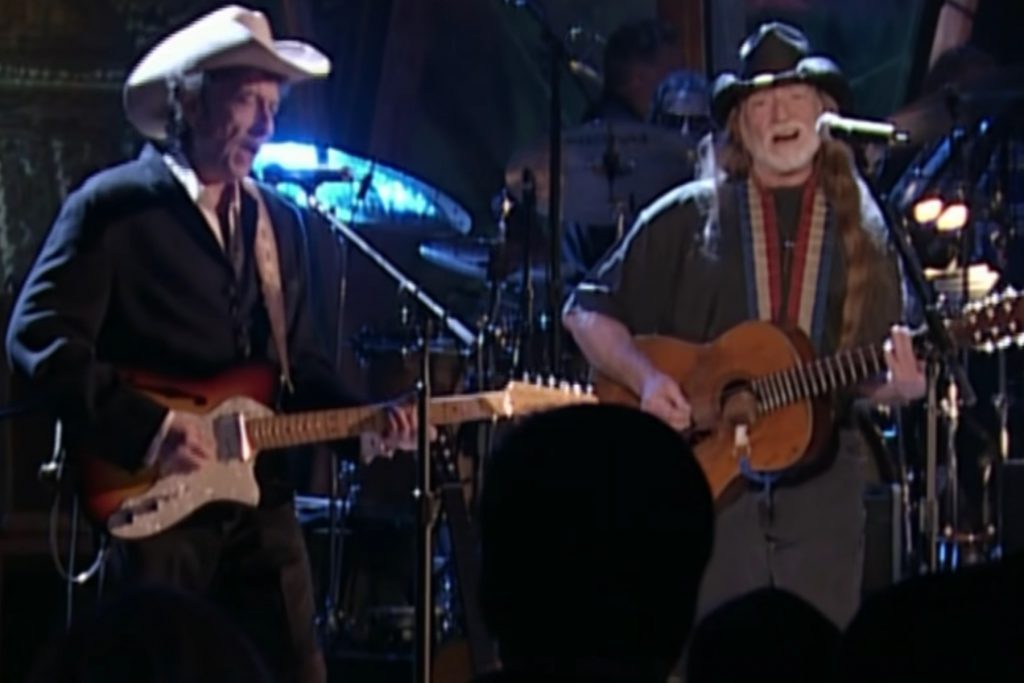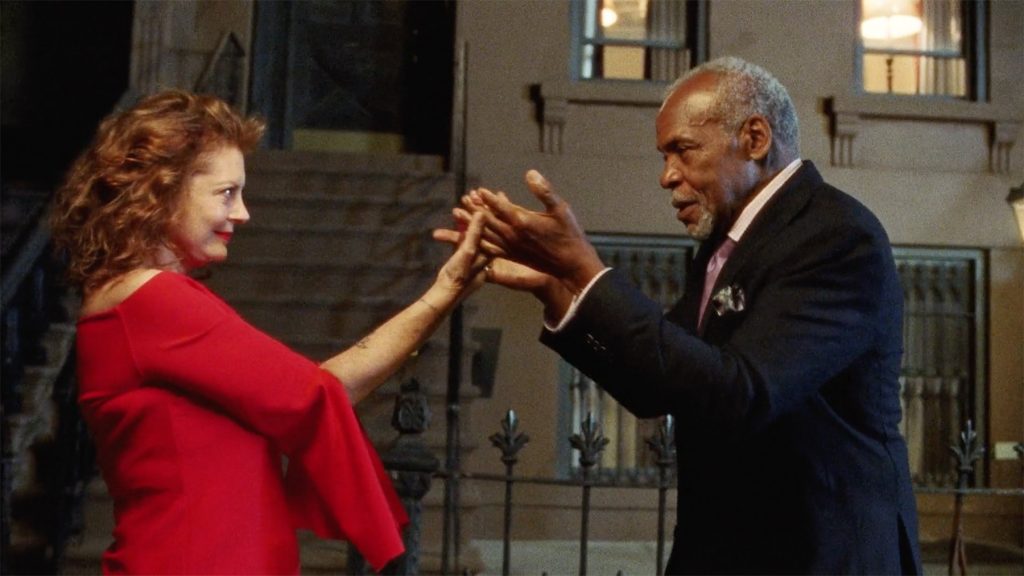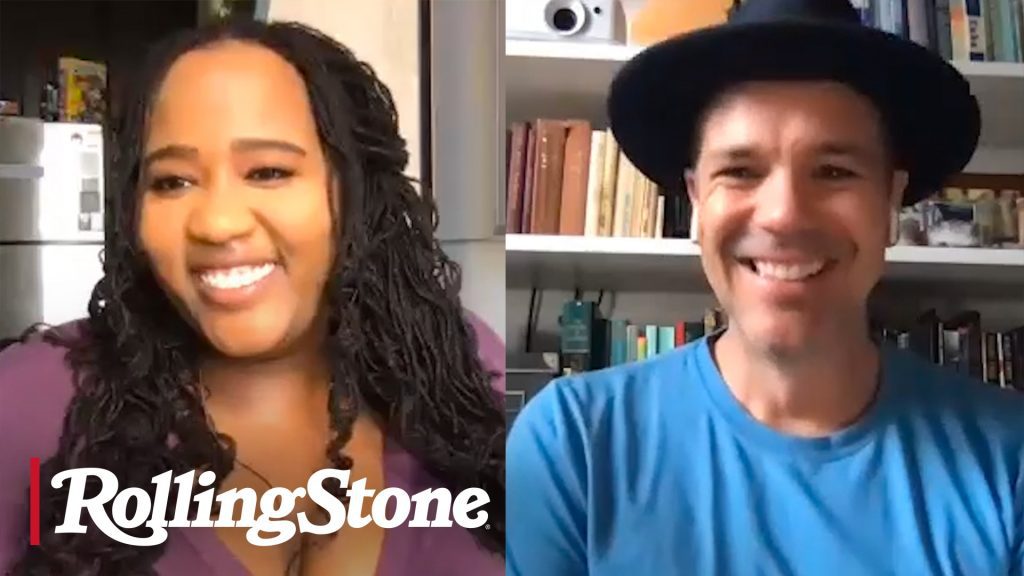Five Takeaways From Beyoncé’s ‘Renaissance’
Since announcing her first solo album of new material in more than five years, Beyoncé has yet again taken over the cultural conversation. As always, the legendary musician didn’t disappoint. From the instant hit “Break My Soul” to her photo shoot for British Vogue and making physical copies available for pre-order on her website (sorry, they’re currently sold out), the release of Reniassance has been one of the more refreshing, and exciting, rollouts of the past year. Even an unexpected leak two days before the July 29 release date sparked controversy, with members of her #BeyHive claiming it would be wrong to listen to a bootleg of Renaissance instead of waiting for a presentation from Ms. Knowles-Carter herself.
Now, Beyoncé’s Renaissance is finally, officially here. While the music confirms expectations, there are still plenty of surprises. Here are our five immediate takeaways.
Renaissance isn’t just an old-school album.
Just as the interpolation of Robin S.’s “Show Me Love” in “Break My Soul”promised, Renaissance has melodies that hearken to peak hours in club history. “Cuff It” references late-’70s disco-funk styles by the late Teena Marie and Chic’s Nile Rodgers. The soulful vibes of “Virgo’s Groove” are reminiscent of a late-’90s R&B jam like Faith Evans’ “Love Like This.”
Beyoncé also adventures into deeper, stickier grooves. “Alien Superstar” throbs with progressive house energy. “Energy” floats with dancehall and bounce vibes. “Church Girl” may center on a sample from the Clark Sisters and sound like Drake’s “Nice for What,” but it’s also a call-and-response track where Beyoncé riffs, “Drop it like a thottie.” She even brings out the iconic Grace Jones for a cameo on the percolating Afrohouse cut, “Move.” The result is arguably the most accessible dance music Beyoncé has issued since 2011’s 4. It’s made for the family summer cookout.
Yes, Renaissance is a dance album. But where are the ballads?
As demonstrated by IndieLand’s list of the 200 greatest dance songs of all time, Beyoncé excels at songs that inspire body movement. “Crazy in Love,” “Baby Boy,” “Single Ladies (Put a Ring on It),” “Love on Top,” “***Flawless”: there are too many classics to list here. Renaissance adds a fresh entry in the triumphant “Break My Soul.” In fact, every song is an uptempo track that has the potential to joyously redefine dance floors, living rooms, and car singalongs in 2022 and beyond.
However, Beyoncé is held in equal regard for torchy ballads that allow her mezzo-soprano voice to simmer and burn. Songs like “Halo” and “Irreplaceable” remain some of the most treasured numbers in her extensive catalog. Renaissance is the first album of hers to completely omit them. Thematically, it may make sense. No one expects Honey Dijon — the famed DJ who co-produced “Cozy” with another Chicago house legend, the delightful oddball Green Velvet — to throw on a beat-stopping ballad in the middle of a Boiler Room set. (Having said that, a great DJ can wring dance-floor magic out of anything.) Yet in her insistence on maintaining the groove, Beyoncé sacrifices an essential element of her work.
While eschewing ballads, Beyoncé finds ways to vary the tempo. “Plastic off the Sofa,” for example, has a breezy jazz-funk vibe that contrasts with the New Orleans bounce in “Energy.”
No, “America Has a Problem” isn’t an explicitly political song. But Renaissance is a political statement.
When Beyoncé dropped her Renaissance track list, one of its most intriguing titles was “America Has a Problem.” The song opens with arch, synthesized chords reminiscent of Janet Jackson’s “Rhythm Nation.” However, the lyrics are pure braggadocio. “Just know I roll with them goons/In case you start acting familiar/This kind of love, big business,” she asserts in a sung-rap flow.
Yet as anyone who has found deep friendship, spiritual catharsis, romantic hookups and yes, even actual sex on the dance floor knows, participation in club life can be an inherently political act. On Renaissance, Beyoncé works with musicians as varied as Skrillex, Honey Dijon, Big Freedia, Drake, Tems, and 070 Shake while sampling from the likes of ballroom hero Kevin Aviance and Memphis rappers Tommy Wright III and Princess Loko’s “Still Pimpin.” Her wide palette illustrates how the best parties blend racial and gender identities, sexual orientations, and aesthetic sensibilities in harmonious ways that belie our tortured and often bigoted public discourse. These are places of physical and emotional liberation where everyone is free to explore and play, and the DJ — Queen Bey — crafts the mood. “Comfortable in my skin/Cozy with who I am,” she sings on “Cozy.” “Paint the world pussy pink.”
Still, if you’re looking for urgent sociopolitical relevance, there’s plenty of material. “Break Your Soul” alludes to how the Black community and particularly Black women have suffered over several years of an ongoing pandemic, an increasing amount of hate speech, police violence, and economic turmoil. “I just fell in love/I just quit my job,” she sings. (As with everything Beyoncé does, this one verse generated Great Resignation headlines by itself.) Meanwhile, on “Energy,” she rhymes, “I just entered the country with Derringers/’Cause them Karens just turned into terrorists.”
Renaissance is an erotic experience.
Beyoncé isn’t new to an elaborate sexual metaphor. On “Drunk in Love,” her hit with husband Jay-Z, she introduced the pop mainstream to the “surfboard.” She gets raw here, too. “I like it rough,” she lilts on “Plastic off the Sofa.” For “Heated,” she flirts, “Now I want to flaunt it/Panty and a bra/We can get involved.” She also seemingly references chemical substances. “I can be the one that takes you there/I can be your ecstasy,” she sings on “Virgo’s Groove” while inviting the lover she’s relaxing with to lift her blouse. However, she also clarifies on “I’m That Girl,” “Don’t need drugs for some freak shit/I’m just high all the time.”
With Renaissance, Beyoncé attempts to look back while pushing forward.
Several critics have already opined that Beyoncé’s new Renaissance era feels like a career capstone. “It positions Beyoncé as a diva entering her Whitney Greatest Hits era: Having conquered virtually every other genre, it’s high time for body music,” writes Pitchfork’s Julianne Escobedo-Shepard of “Break My Soul.” The late Whitney Houston was 36 when she released Whitney: The Greatest Hits in 2000. Beyoncé is 40. Having dominated the pop discourse for nearly 25 years, she has chosen to offer something warmly nostalgic and life-affirming, evoking past triumphs while imagining an optimistic, hopeful future.
A key moment arrives in the final track, “Summer Renaissance,” where she interpolates Donna Summer’s epochal “I Feel Love.” Beyoncé’s summoning of the late queen of disco nods toward her 2003 smash, “Naughty Girl,” which utilized Summer’s “Love to Love You Baby.” But with “Summer Renaissance,” she doesn’t completely mimic Summer and Giorgio Moroder’s hi-NRG electronic masterpiece. Instead, she shifts into a modern house track replete with steam-inducing electro notes. The result is a banger informed by disco’s glorious past that could have only been made in the present day.


